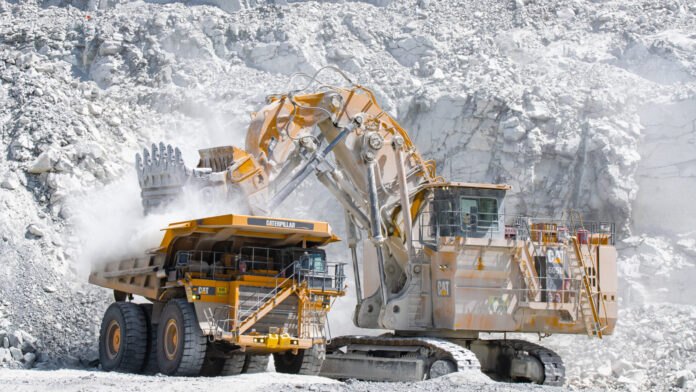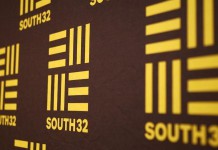
THARISA posted flat full year earnings thanks to a strong chrome price, and record production in the metal, helping to offset a 28% decline in average platinum group metal (PGM) price.
The company operates the Tharisa mine near Rustenburg in South Africa’s North West province, an open pit asset with massive underground potential. Tharisa is currently investigating an underground expansion whilst it optimises open pit mining.
It is also developing the $391m Karo Platinum in Zimbabwe, a proposed 400,000 ounces a year of PGMs project. Earlier this year, the company slowed the project’s development as it sought out funding amid falling prices for the metals.
Headline earnings came in at 28.1 US cents per share for the 12 months ended September compared to 28.3c/share in the previous 12 months. But it’s struggles in a depressed PGM market and mining cost increases were apparent at the cash flow generation level where free cash came in at $5.8m compared to $77.8m in the previous year.
As of September 30, net cash totalled $117.5m versus $129.3m at the same point in 2023. Peel Hunt analysts looked favourably on this result, however. “Cash costs were less than we expected, for both selling and at-site costs, a positive looking forward,” it said in a note.
Tharisa declared a final dividend of three US cents per share taking the total payment to 4.5 US cents/share including the interim declaration and representing 16.1% of net profit after tax, in excess of the company’s policy of 15% of NPAT.
For its 2023 financial year, Tharisa paid a total dividend of five US cents/share.
Tharisa CEO Phoevos Pouroulis urged shareholders to show patience. “We have chosen to be developers of mines – a process that takes time, patience, capital and conviction to invest through commodity and economic cycles,” he said.
Chrome production for the year totalled 1.7 million tons (Mt), the firm’s best ever volume of the metal which supplies a thriving stainless steel sector. Consequently, chrome prices were, at an average $299/t, 13.7% higher year-on-year.
As a result, chrome contributed 68% of Tharisa’s revenue for the year. By contrast, the average PGM price came in at $1,362 per oz compared to $1,894/oz in the previous, a steep decline most of which occurred in the first half of the year.
Pouroulis said Tharisa continued to evaluate expanding underground at Tharisa mine which showed sufficient resources for 40 years of operation. The company has registered an improvement in processing backlog of waste mining owing to a third party contractor that Tharisa enlisted in the previous financial year.
Nonetheless, total cash costs per ton were 12.1% higher year-on-year at $64.7 per ton compared to $57.5/t.
A major question in Tharisa, however, is how it intends to finance Karo Platinum. The group acknowledged “constrained project debt capacity in the current low PGM pricing environment”, adding that it was looking at “alternative funding solutions”.
Discussions regarding a fiscal agreement with the Zimbabwean government were also yet to be concluded. This and market conditions had impacted “the funding workstreams and timeline for delivery of this project,” the company said.
Tharisa forecast production of between 140,000 and 160,000 oz in PGMs and 1.65Mt to 1.8Mt Mt of chrome concentrates.











